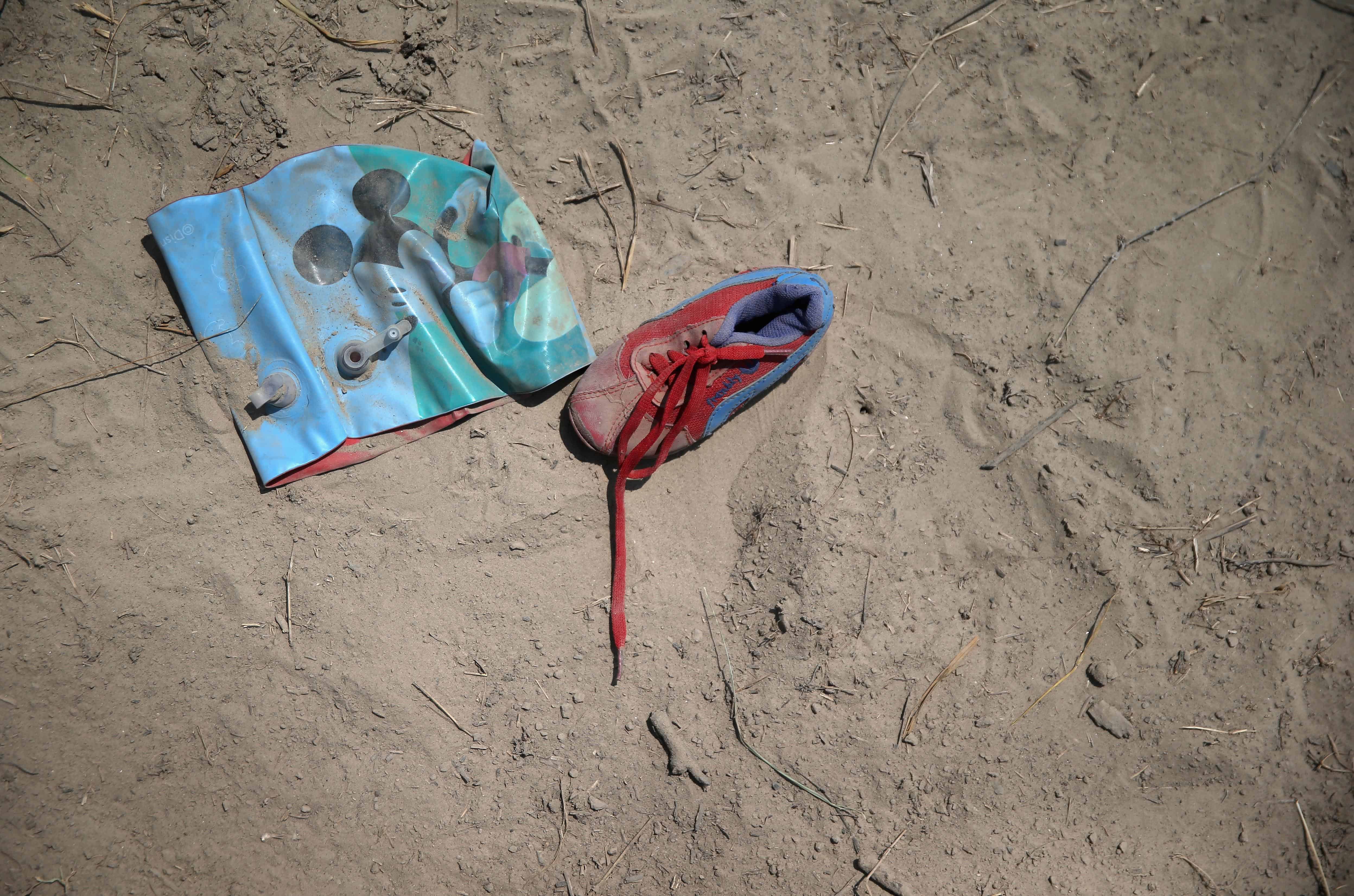LIBERIA, Guanacaste – Illegal immigration in Costa Rica’s northwestern province of Guanacaste occurs every day in both directions along the country’s border with Nicaragua, officials from the National Police and the local prosecutor’s office say.
Although many Nicaraguan immigrants come legally to work higher-paying jobs in Costa Rica, some are smuggled, while immigrants from Asia and Africa travel in the opposite direction from Panama en route to the United States.
According to the Liberia prosecutor’s office, human smuggling rings operate in the area, and along Costa Rica’s highways leading from Panama to Nicaragua.
“We have identified organized crime networks that are working with immigrants traveling in both directions, including Nicaraguan immigrants and those who come from Africa, Asia and South America,” Liberia’s Assistant Prosecutor Liliana Zamora said.
On Oct. 29, Costa Rican National Police in Liberia detained two African immigrants from Somalia and one from Eritrea. The three men were part of a group of 14 Africans – 13 men and one woman – who entered Costa Rica from the Panamanian border crossing at Paso Canoas earlier the same day.
Immigration officials at the Panamanian border issued the group citation orders to appear in San José on Oct. 30 to discuss their immigration statuses, and to verify identification and other documents. Later that day, at least three of them turned up at the Nicaraguan border.
According to Francisco Cordero, assistant director of the National Police in Guanacaste, authorities cannot hold immigrants who have citation orders until those dates expire, but many migrants often take advantage of the time to reach the northern border with Nicaragua.
In Liberia, the three men told a local prosecutor they had traveled from Panama and had been hitchhiking on a journey to the United States.
Guanacaste immigration officials said the men were ages 28, 35 and 36.
Police suspect the men had hired members of a Costa Rican smuggling ring to transit them to the border. The three men denied the allegation, saying a Costa Rican man who had accompanied them “was only giving directions,” according to Zamora. The Costa Rican man was released due to a lack of evidence of any wrongdoing.
The three migrants were released and told to return to the capital for processing.
In Paso Canoas, officials said an average of two people per month arrive from Mali, Somalia, Eritrea and Ghana, and request citation orders – which essentially serve as temporary permits. In the past three years, police in Liberia also have detained several groups of immigrants from Bangladesh, Nepal, Taiwan and Korea, among others.
Almost 2,600 visitors from Africa arrived in Costa Rica, mostly by plane, in 2012. In the same period, immigration authorities registered 64 people from Tunisia, 46 from Ethiopia, 39 from Somalia, and 11 from Eritrea.
Authorities face challenges in dismantling smuggling rings because victims are uncooperative, Zamora said, adding that immigrants are afraid of deportation or retaliation by smugglers.
In 2012, the prosecutor’s office in Liberia processed 12 cases that resulted in 11 convictions involving violations of immigration laws, a caseload that is one of the highest in the country, Zamora said. Yet, according to the Immigration Administration, only one person has been charged with human trafficking in Costa Rica since a 2010 law criminalized the activity.
“It is a transnational activity that is always changing; it is difficult to investigate and obtain admissible evidence,” said Public Security Vice Minister Freddy Montero.
The United Nations Office on Drugs and Crime estimates that globally, 20 unidentified victims of human trafficking exist for each victim who is identified.
“They [immigrants] often pay for the entire trip in their country of origin,” Zamora added. Based on interviews by Zamora’s office with victims of human smuggling rings, migrants often pay up to $7,000 to reach their final destinations.
According to immigration officials, travel patterns from Africa often involve Ecuador, Colombia and Panama. However, authorities have noted a decline in this route since Ecuador began a tourist visa requirement for citizens from nine African countries in 2010, Montero said.
Zamora suspects that smugglers are part of organized criminal gangs because they own several vehicles of the same color and manufacturer, as well as telecommunications equipment. One gang stands out in Costa Rica’s northwestern province – Los Katanos, who Zamora said “has a monopoly on human smuggling operations in the area.”
“Smugglers might have become more sophisticated in their methods, or they might have found ways to intercept police communications,” she noted.
The National Police monitors regular checkpoints on the main roads in Guanacaste, but cops say smugglers often force their clients to walk around them and then board the same vehicles.
There also have been several incidents involving police chases.
“[Smugglers] fit up to 15 people in a vehicle and escape from police by driving at high speeds of more than 150 kilometers per hour [90 mph],” the National Police’s Cordero said. Officers have noted that smugglers reinforce those vehicles to support heavier weights and higher speeds.
Said Cordero: “In the past, they have crashed police patrols and we cannot always chase them because they might be armed.”






